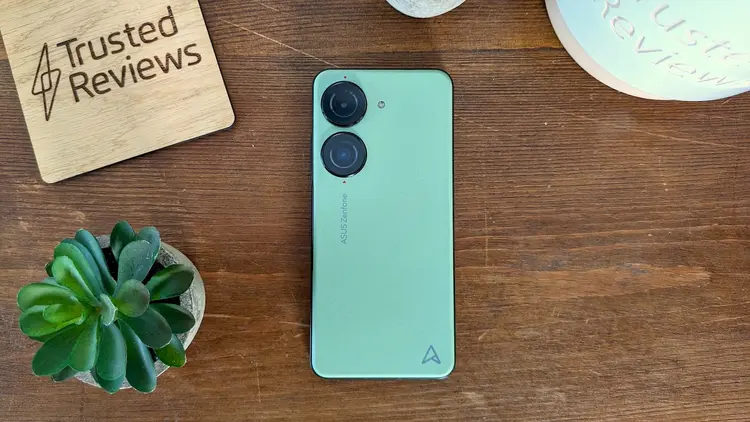Introduction
In today’s fast-paced world, having a reliable laptop is essential for both work and personal use. Whether you’re a student, a professional, or someone who simply loves staying connected, a laptop can make all the difference in your digital experience. With so many options available in the market, it can be overwhelming to decide which laptop is the best fit for your needs. To help you make an informed decision, we’ve put together this comprehensive laptop review. In this article, we’ll break down the key points you need to consider when buying a laptop and provide you with some top recommendations.
Key Points:
1. Determining your needs:
– Assessing your usage: Are you a casual user who only needs a laptop for browsing and streaming? Are you a professional who requires powerful software for work? Understanding your usage will help you narrow down the specifications you need.
– Size and weight: Consider the portability aspect – do you need a lightweight laptop for traveling or a larger one for home use?
– Operating system: Decide between Windows, macOS, or Chrome OS based on your personal preference and the compatibility required for your applications.
2. Performance and specifications:
– Processor: The processor is the brain of your laptop. Look for a processor that offers enough power to handle your tasks smoothly. Intel Core i5 or i7 processors are generally a good choice for most users.
– RAM: Random Access Memory (RAM) determines how many tasks your laptop can handle simultaneously without slowing down. Aim for a minimum of 8GB or more for smooth multitasking.
– Storage: Decide between solid-state drives (SSD) or hard disk drives (HDD) based on your speed and storage needs. SSDs are faster but often have less storage capacity.
3. Display and graphics:
– Screen size: Choose a screen size that suits your requirements. A larger screen is better for multimedia and productivity, while a smaller one offers better portability.
– Resolution: Higher resolutions like Full HD or 4K provide a sharper and more detailed display.
– Graphics: If you’re a gamer or work with graphics-intensive software, consider a laptop with a dedicated graphics card for better performance.
4. Battery life and connectivity:
– Battery life: A laptop with longer battery life is ideal, especially for frequent travelers or those who work on the go. Look for laptops that offer at least 8 hours of battery life.
– Ports and connectivity: Consider the number and types of ports you will need, such as USB, HDMI, and headphone jacks. Additionally, check if the laptop offers Bluetooth and Wi-Fi connectivity options.
5. Budget:
– Determine your budget range and try to find a laptop that offers the best value for your money within that range. Consider the trade-offs between performance, features, and cost.
Top Recommendations:
– For casual users: The Dell XPS 13 offers a lightweight and compact design with a powerful processor and excellent battery life.
– For professionals: The MacBook Pro is a premium choice with top-notch performance, a stunning display, and a sleek design.
– For gamers: The ASUS ROG Zephyrus G14 is a gaming laptop with a high-refresh-rate display, dedicated graphics card, and long battery life.
Main takeaway:
When it comes to choosing a laptop, it’s important to consider your specific needs, performance requirements, display preferences, battery life, connectivity options, and of course, your budget. By carefully assessing these factors and considering our top recommendations, you can ensure that you find the perfect laptop that fits your lifestyle and enhances your digital experience.













